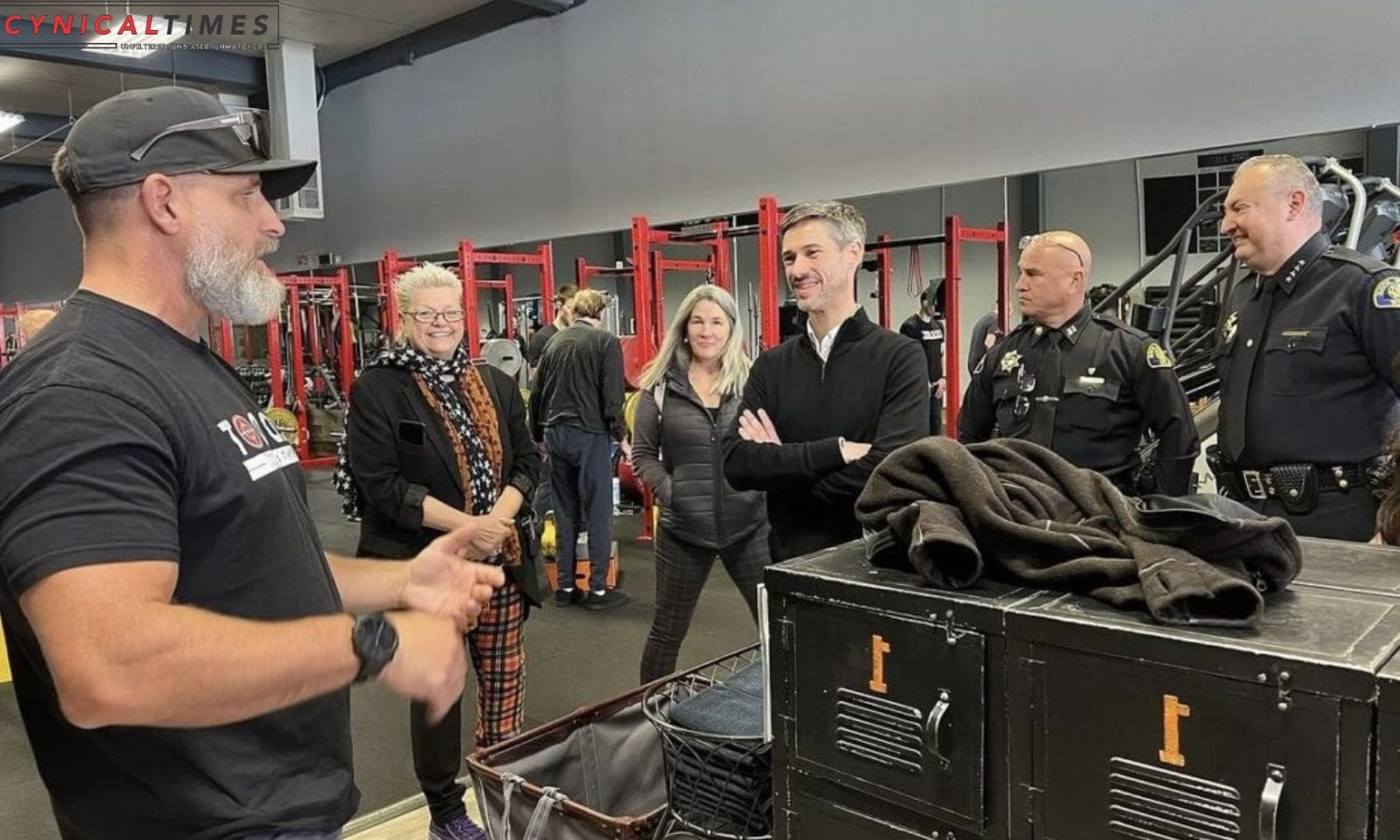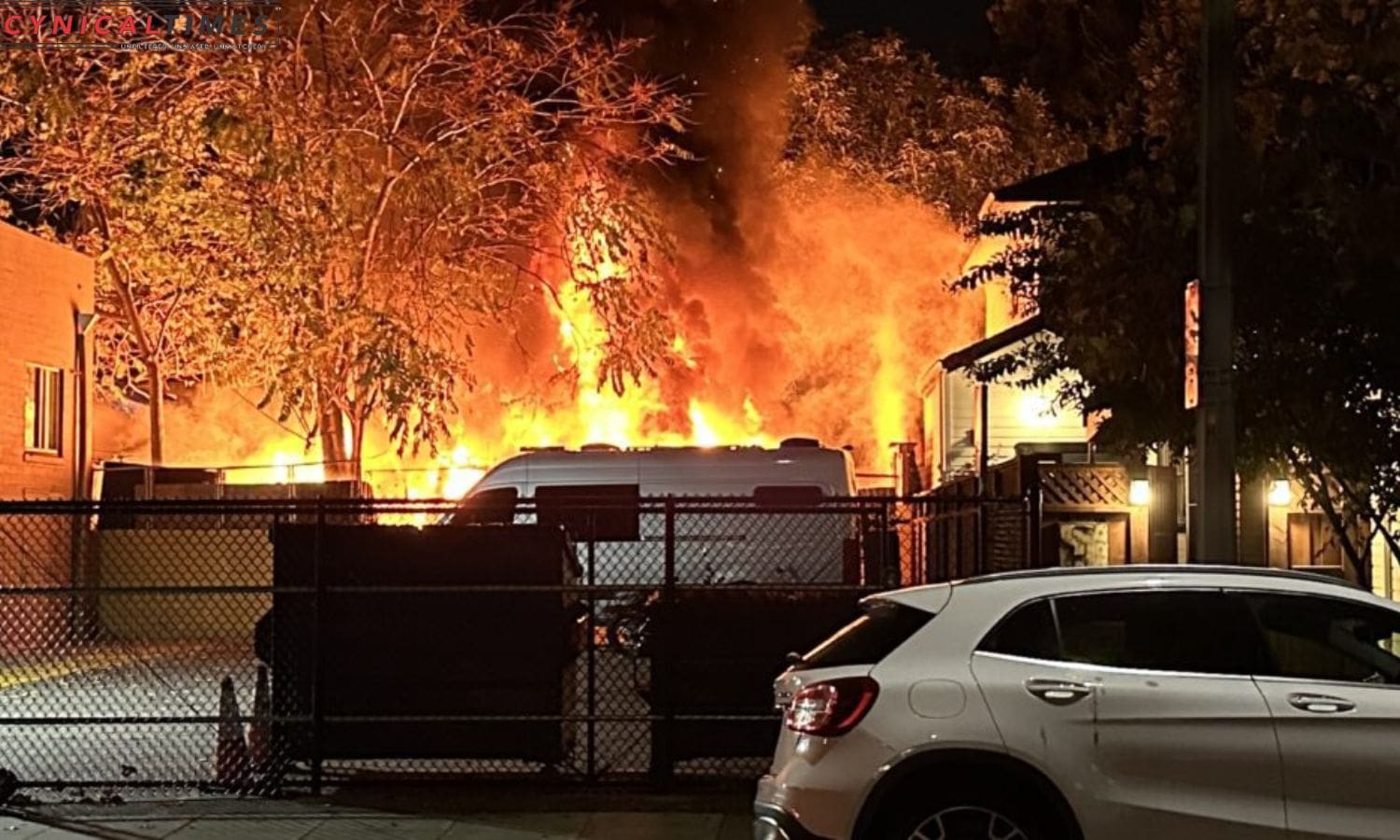San Jose Residents Raise Alarms as RV Fires: Residents in San Jose’s Alameda neighborhood are expressing heightened concerns over the safety implications of growing numbers of people living in vehicles, particularly RVs. These concerns escalated after a recent RV fire damaged property, prompting residents to call for more stringent enforcement of parking rules.
The incident, which occurred on November 26, involved an RV fire in a parking lot next to Alma Castillo’s home, causing damage to her property. Despite reporting the issue to city authorities for a year, Castillo and other neighbors claim that their pleas to have the RV removed went unanswered.
While there are time limits for vehicles, including RVs, parking on public streets, residents argue that these rules are not being adequately enforced. The city’s code enforcement spokesperson deferred questions to the transportation department, which, in turn, deferred to the mayor’s office.
The growing presence of RVs and homeless individuals living in vehicles has become a contentious issue in San Jose, exacerbated by a lack of comprehensive approaches to address the challenges faced by those living on the streets. Mayor Matt Mahan acknowledged the urgency of the situation, emphasizing the need for faster and more cost-effective alternatives to unsheltered conditions.


Also Read: Sunnyvale Firehouse Revolution: Igniting Safety, Skills, and Sustainability
In September, Mahan and other city leaders unveiled plans to declare a shelter crisis and homelessness emergency. The mayor pointed to successful implementations in other cities, such as San Diego and San Antonio, Texas, as potential models for providing regulated outdoor living areas with essential support services for homeless residents.
Local business owners, affected by the surge in homeless encampments and RVs in the area, are calling for decisive action. Scott Howell, owner of Red Dot Fitness, located near the site of the RV fire, highlighted increased loitering and public safety concerns negatively impacting his business. Howell, along with other residents, expressed frustration over what they perceive as a lack of political will to enforce necessary rules and establish safe parking and camping areas.
Homeless advocate Richard Scott emphasized the overarching issue of insufficient places for people to go, leading them to park wherever they can. The absence of designated safe spaces often results in homeless individuals being labeled as “bad actors.”
As San Jose grapples with these challenges, residents, business owners, and city officials face the complex task of balancing public safety concerns with compassionate solutions for individuals experiencing homelessness. The incident serves as a stark reminder of the multifaceted issues surrounding homelessness and the pressing need for effective, coordinated efforts to address them.

